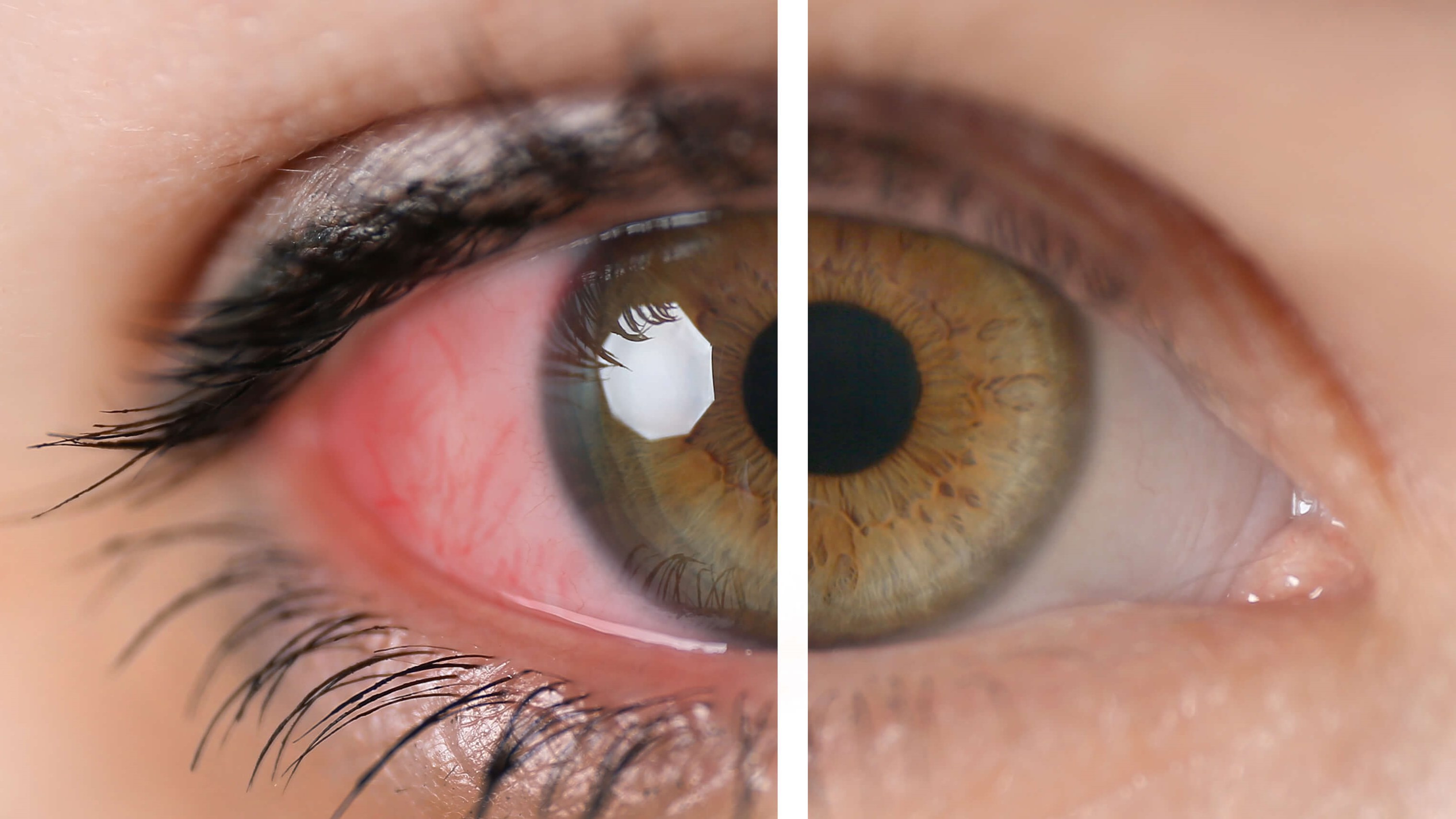Understanding Dry Eye: Causes, Symptoms, and Effective Treatments
&srotate=0)
Dry Eyes? Here’s What You Need to Know
Have you ever felt a scratchy, gritty, or burning sensation in your eyes that just won’t go away? You might be experiencing dry eye, a surprisingly common condition that affects millions of people of all ages.
What Is Dry Eye?
Dry eye, medically known as keratoconjunctivitis sicca, occurs when your eyes don’t produce enough quality tears to stay properly lubricated. While it may sound minor, untreated dry eye can cause discomfort, blurred vision, and even long-term eye damage.
Common Symptoms
Dry eye can feel different for everyone, but here are some of the most common signs to watch for:
- A gritty or sandy sensation in the eyes
- Redness or irritation
- Sensitivity to light
- A stinging or burning feeling
- Excessive tearing (your eyes trying to compensate for dryness)
What Causes Dry Eye?
- Dry eye can be triggered by a wide range of factors, including:
- Environmental conditions: dry or windy air, air conditioning, or heating
- Screen time: decreased blinking while using computers or phones
- Contact lens use
- Hormonal changes: particularly during pregnancy, menopause, or with aging
- Medical conditions: such as Sjögren’s syndrome, rheumatoid arthritis, or thyroid disorders
- Certain medications: including antihistamines, decongestants, and antidepressants
Treatment Options
The good news? Dry eye is manageable — and often treatable. Your eye doctor can recommend the right treatment based on the severity of your symptoms:
Mild Cases:
- Over-the-counter artificial tears or lubricating eye drops
- Ointments or gels at night
- Lifestyle changes like staying hydrated, taking screen breaks, or using a humidifier
More Severe or Chronic Cases:
- Prescription eye drops that reduce inflammation and increase tear production
- Punctal plugs to block tear drainage and keep moisture on the eye longer
- Addressing underlying medical conditions or adjusting medications when possible
When to See a Professional
If your symptoms persist or worsen, don’t ignore them. Chronic dry eye can impact your quality of life and lead to complications if left untreated. An eye care professional can provide a proper diagnosis and create a personalized treatment plan that works for you.
Bottom Line
Your eyes do a lot for you — don’t leave them high and dry. Whether your symptoms are mild or severe, the right care can make a big difference. If you think you may be experiencing dry eye, schedule an appointment and give your eyes the relief they deserve.
